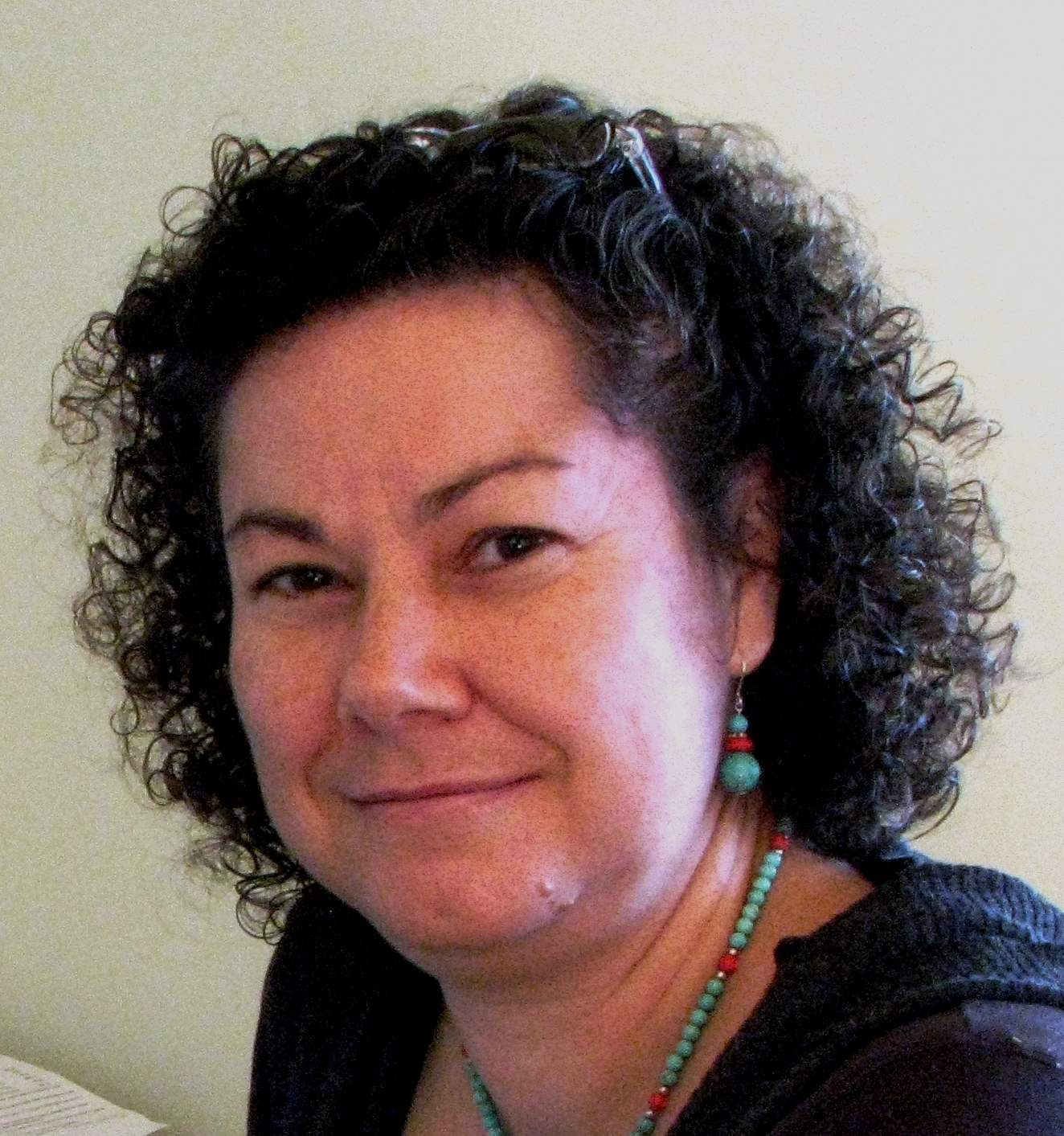Motivated by a desire to reduce “system problems” and systematic error, the clinical governance workforce has refocused its attention on individual error, and the concept of the “incident”.
So, what (officially) is an “incident”?
The New South Wales Clinical Excellence Commission (CEC) states that “An incident is any unplanned event resulting in, or having the potential to result in, harm to a patient.
The term ‘incident’ is very broad and provides comprehensive information on many areas where improvements could be made.”
For appropriate reasons, the incident notification system has been made easy to access through every hospital computer. Reporting is encouraged; identification of the reporter is not required.
The result is that the manager of each department receives a large volume of reports which require review, investigation and response.
These are “incidents” according to the above definition; they are not all patient care issues; they are not necessarily accurate; the reporter may have misunderstood the situation; or their criticism may be simply wrong.
That’s not the main frustration, though.
There are staff employed whose sole role is to examine, analyse and “manage” these reports.
Rather than looking for overall trends in the database, as the CEC does, these “governors” expect managers to make policy or structural changes in response to every report, so that “it never happens again”.
However, there is no human service in which human error can be eliminated.
There is not one of us who has not missed a diagnosis, failed to document adequately or failed to communicate optimally, even though we all know that we should.
There must be an understanding that not all events are “system errors” and that not all errors can be prevented or even foreseen.
Most frustrating of all is when an error results from being distracted or overloaded with multiple tasks and responsibilities, and the suggested process to prevent that error adds yet more tasks and processes: more documentation, more checks and more tasks.
This adds to an already chaotic workplace. What is needed is simplification.
So, here we are. Don’t forget anything, don’t miss anything, don’t lose your concentration — you may make a mistake. We don’t tolerate mistakes. We’re not blaming you; we just want to make your work even more complex and tedious so we can make sure you don’t make that mistake again.
Posted: 12 July, 2010
Dr Sue Ieraci is a specialist Emergency Physician with 25 years experience in the public hospital system. Her particular interests include policy development and health system design, and she has held roles in medical regulation and management. In addition to her emergency department work, Sue runs the health system consultancy SI-napse.

 more_vert
more_vert
Dear Sue, Serious incidents are to be investigated by the process of “Root Cause Analysis”. The causes underlying a Jumbo crashing is often used as the example of how this investigation is undertaken. However, unlike the Jumbo crash, in the health sector these investigations are inadequately resourced. If the outcome of the investigation suggests an expensive solution this is quickly buried.
How wide is the lens of genuine critique cast ? Long hours, reduced access senior clinicians after hours, and poor staff- to-patient ratios, commonly and dramatically decrease patient safety. Yet, I know of no incident form that accurately or objectively portray this or measures institutional and government responsibility. Without in-depth critical analysis of these factors, incident forms remain a sad, blunt, ineffective and punitive measure.
Sue Ieraci’s comments rasie the issue of whether the current reporting and analysis of reported incidents is truely aimed at addressing the complex causes of incidents and adverse events.
As some one with a long-term interest in patient safety [research, a book chapter and published papers on the topic]the current process falls well short of what is required in part due to the lack of political will to recognise and address the systemic issues.
I concur with Dr Ieraci’s comment. We cannot make any mistakes in our health system. We do not get reward, but constantly berrated by camouflaged criticism. We cannot be human. We must get every interaction correct. Hindsight is used for microscopic review. The energy of practicing in this climate tends to paralyse us in practicing good and useful medicine. We have gone down the wrong tract.
sue – i thank you for being someone older and wiser who feels the same way. since graduating i have been extremely disillusioned by the medical workplace, and in particular the overwhelming expectations increasingly being placed on doctors, all the whilst more and more clinical management decisions are being made by non-medical staff. non-medical friends advise joining my union, but apart from the exorbitant fees, i don’t have confidence in them, or us for that matter – doctors on strike – what an oxymoron! we need some serious pr because as you say, we’re not very pc.
As usual, Dr Ieraci hits the nail on the head.
However, the combination of falsely high public expectations, egged on by irresponsibly optimistic media, and widespread litigiousness, spurred by US-style malpractice lawyers, makes mistakes not only ‘inexcusable’, but compensable.
This terrifies hospital administrators.
I doubt that there is much that the profession can do to reverse the situation. The introduction, by government, of ‘no fault’ compensation for adverse outcomes might help, but even that has been shown to be no panacea.
Ah Sue,
in the inevitable drive to reach clinical excellence as evidenced through the achieving of yet another benchmark there will be some collateral damage. Its just regrettable that this will tend to be the people actually delivering the clinical care who are slowly sinking into the mire of audits, reports, ‘activities’ and all the associated paperwork and meetings.